Forschungsgruppe Zeitgenössische Solidaritätsstudien / Fachbereich Vergleichende Politikfeldanalyse
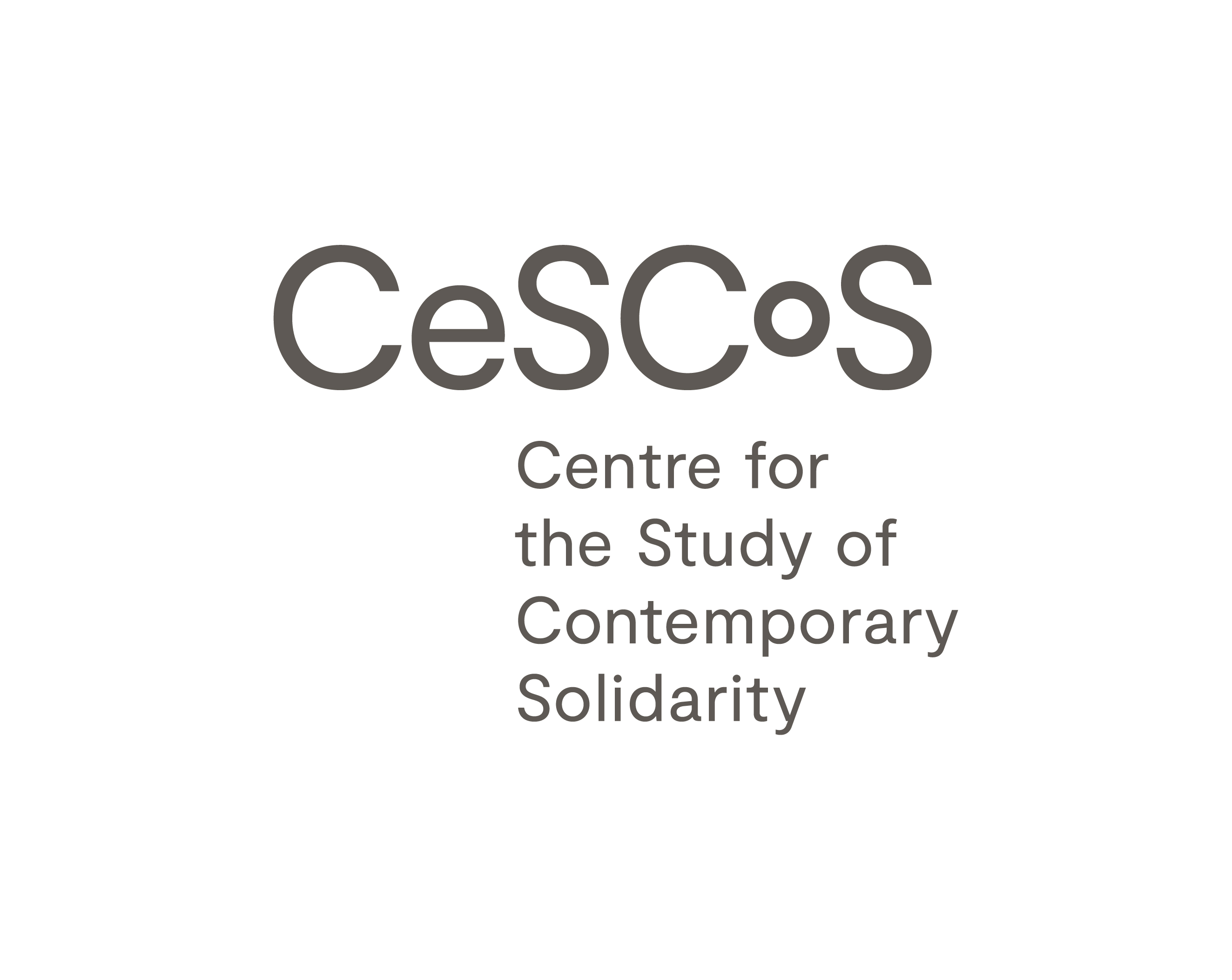
Forschungsgruppe Zeitgenössische Solidaritätsstudien / Fachbereich Vergleichende Politikfeldanalyse
Solidarität in Forschung und Praxis
Wofür wir stehen:
Solidarität bietet neue Lösungsstrategien für einige der wichtigsten gesellschaftlichen Herausforderungen. Wir sehen Solidarität dabei nicht als unspezifischen Begriff, der jegliche prosoziale Praxis bezeichnet, sondern als präzise ausdifferenziertes Konzept, das konkrete Anleitungen für Politikgestaltung bieten kann. Unsere Forschung versucht mithilfe empirischer Analysen und theoretisch fundierter Arbeit zur Entwicklung von Politikinhalten und Institutionen beizutragen, welche die Bereitschaft von Menschen, andere zu unterstützen, in den Vordergrund stellen, und soziale Gerechtigkeit im Blick haben. Wir möchten dabei helfen, politische und ökonomische Verhältnisse zu schaffen, in denen sich Menschen und Gesellschaften gut entfalten können. Wir sind davon überzeugt, dass eine Welt mit mehr Solidarität eine lebenswertere Welt ist
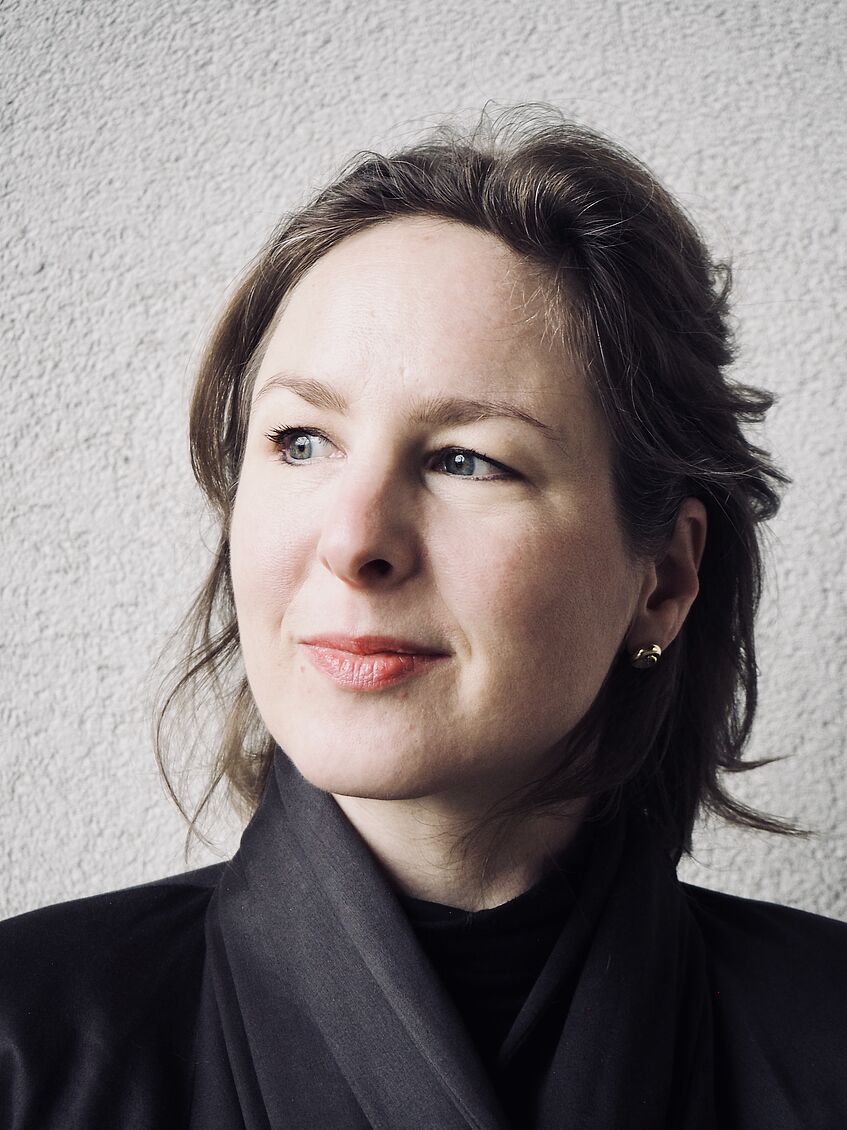
Director: Barbara Prainsack
Barbara Prainsack is a professor and Head of Department at the Department of Political Science at the University Vienna, where she also directs the interdisciplinary Research Platform “Governance of Digital Practices”. Her work explores the social, ethical, and regulatory dimensions of genetic and data-driven practices and technologies in biomedicine and forensics. She holds honorary positions at the School of Social and Political Sciences at the University of Sydney, at the Department of Global Health & Social Medicine at King’s College London, at the Centre de recherche en éthique (CRE), University of Montreal, Canada, and at the Centre for Health, Law, and Emerging Technologies (HeLEX) at the University of Oxford. Her latest books are: Wofür Wir Arbeiten (Brandstätterverlag, 2023), Personalized Medicine: Empowered Patients in the 21st Century? (New York University Press, 2017), and The Pandemic Within: Policy Making for a Better World (with H. Wagenaar, Policy Press, 2021). Barbara is also involved in policy-related work, e.g. as a member of the Austrian National Bioethics Commission, and as Chair of the European Group on Ethics in Science and New Technologies. She is a member of the British Royal Academy of Arts, and an elected foreign member of the Royal Danish Academy of Sciences and Letters as well as the German National Academy of Science and Engineering (acatech).
Team:
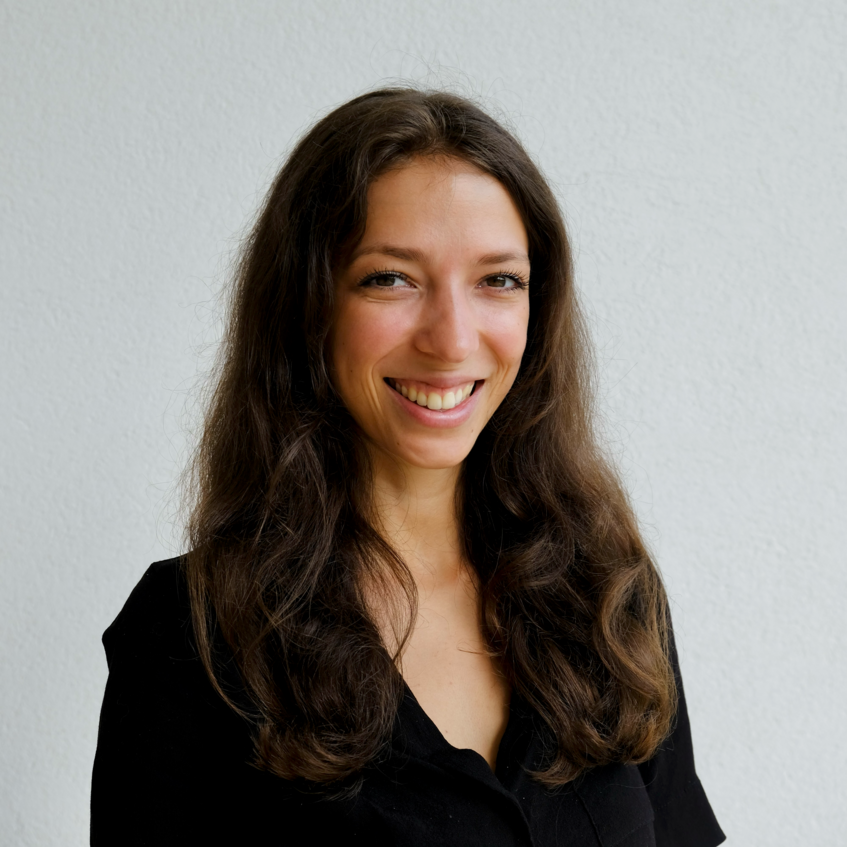
Deborah Drgac
Deborah Drgac is a pre-doctoral researcher who is investigating the experimental knowledge of patients, family members, health professionals and care givers within the Centre for the Study of Contemporary Solidarity (CeSCoS) and the research group Senescence and Healing of Wounds (ShoW) of the Ludwig Boltzmann Institute. She earned her Bachelor's (2017) and Master's (2019) degree in sociology at the University of Vienna. Having specialized in health-sociology, she wrote her master thesis on food choices and nutrition in adolescence. During the COVID 19 pandemic she worked at the Ministry of Social Affairs, Health Care and Consumer Protection. Further Deborah holds a Master’s degree in public health (2022) from the Medical University in Vienna. For her thesis she evaluated the eating behavior in adults during the pandemic related lockdown. During her study she participated in health-related publications, focusing on aging population and frailty.
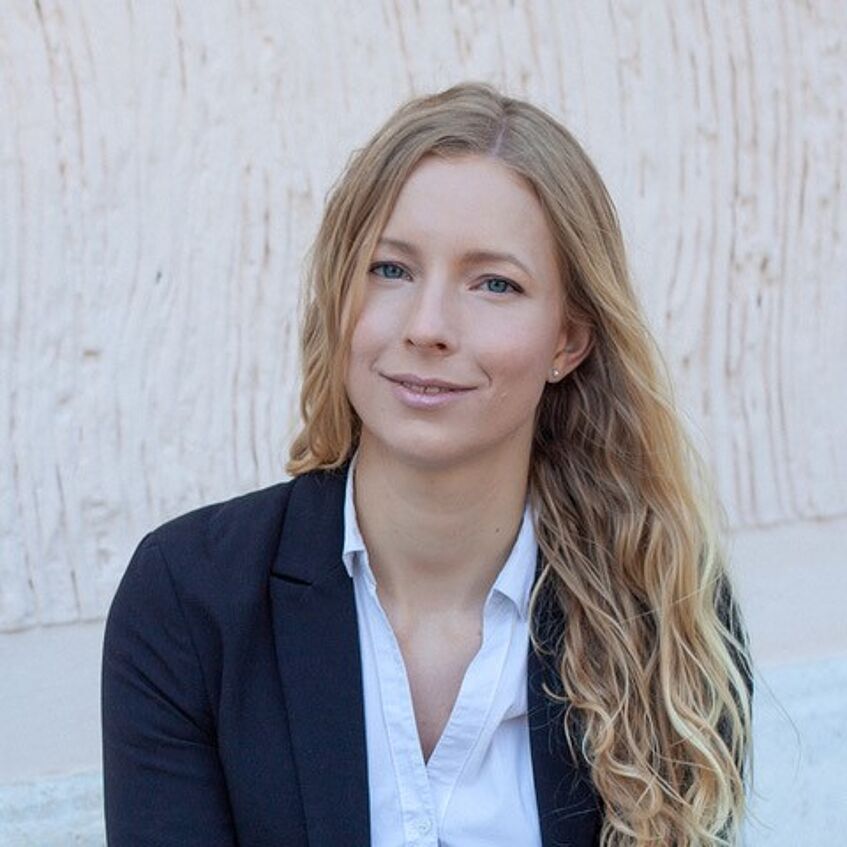
Magdalena Eitenberger
Magdalena Eitenberger is a post-doctoral researcher. Her work focuses on issues of digital health and ethics, healthcare technology, healthcare worker safety, and social policy. Her PhD project, titled Technologizing Care in Chronic Illness, explored Type 1 Diabetes technologies and policy decision-making in Austria. Magdalena teaches on health policy, gender in medicine and health, medical ethics, and research methods at the University of Vienna, and on problem-oriented learning and public health at the Medical University of Vienna. Magdalena earned a PhD in the Department of Political Science at the University of Vienna, a Master’s degree in Science & Technology Studies at the University of Vienna and Maastricht University, a Master’s degree in Communications as well as a Bachelor’s degree in Political Science from the University of Vienna. Before joining the Department of Political Science (2023), Magdalena worked as a postgraduate researcher at the Ludwig Boltzmann Institute for Digital Health and Patient Safety and the Institute for Ethics and Law in Medicine, and as a project manager at the Federal Ministry of Social Affairs, Health Care, and Consumer Protection during the COVID-19 pandemic.
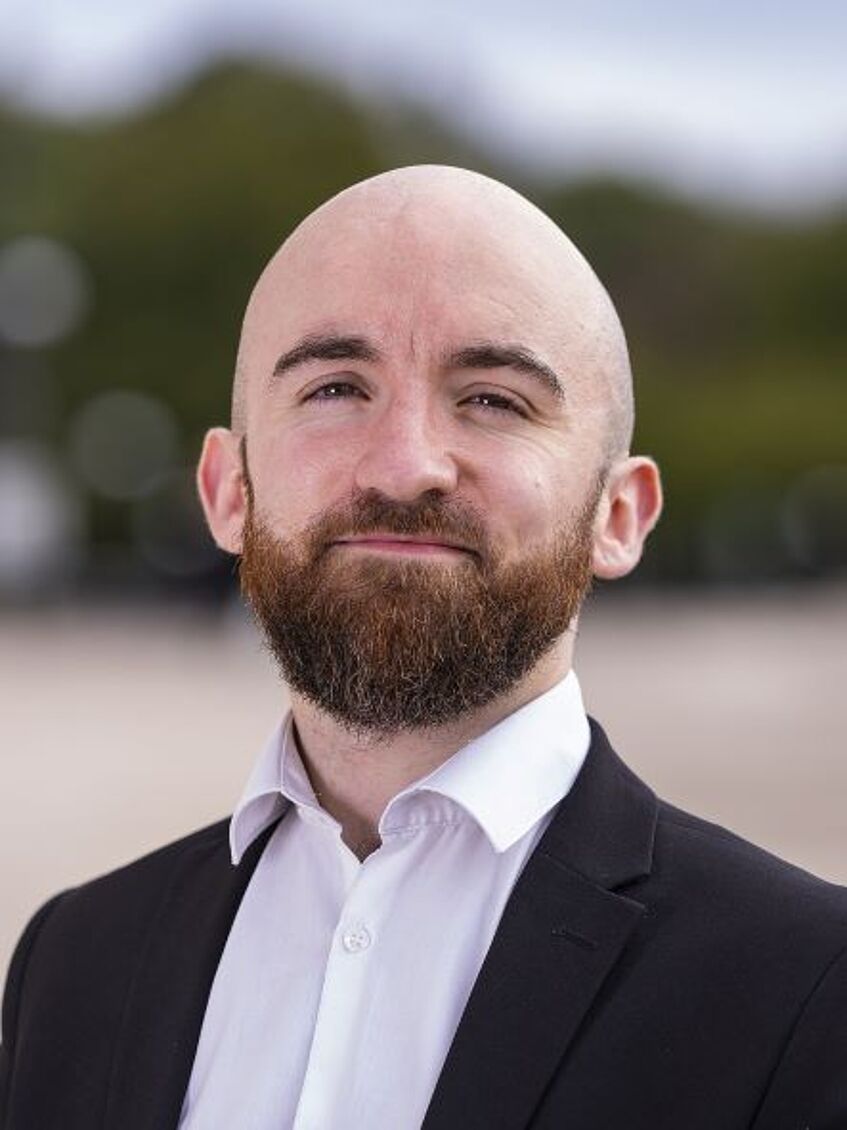
Connor Hogan
Connor Hogan earned his Master of Science in Politics from University College Dublin (2021), where he also tutored in Political Theory and Comparative Politics. He holds a Bachelor’s degree in Politics, Philosophy and Economics from Queen’s University, Belfast (2017). During his undergraduate studies, he spent two semesters at the University of Stockholm. For his master’s thesis, he explored how systems of labour law develop in extreme physical environments, to assess how the rights of future workers may be protected in outer space. He has also written on issues of citizenship and UK-EU space policy. As a pre-doctoral researcher within the Digitize! Project he is developing ethical and social standards for the collection and use of data in Computational Social Sciences.
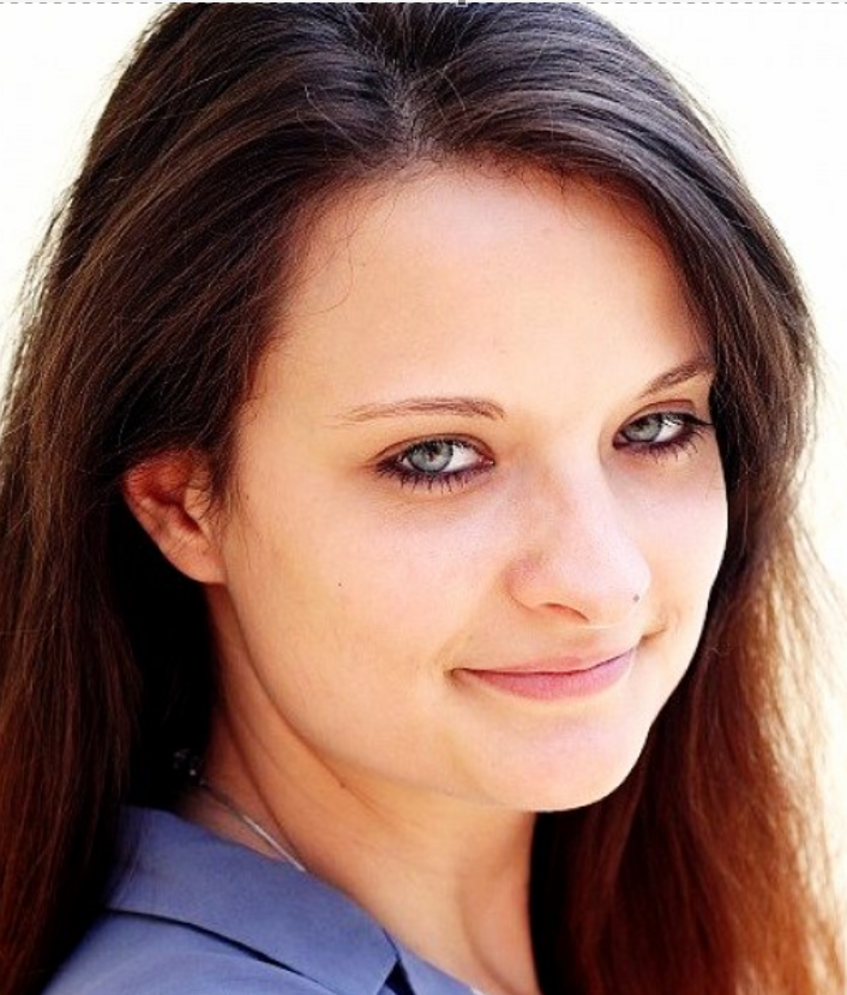
Natalia Varabyeu Kancelova
Natalia Varabyeu Kancelova is currently working on her dissertation on (un-)solidaristic practices towards refugees and plans to conduct a comparative study between the urban spaces of Vienna and Bratislava. She earned her Bachelor’s degree in Transcultural Communication and Slavonic Studies, and in 2022, she finalised the Master Interdisciplinary Eastern European Studies (with a specialization in social sciences) at the University of Vienna. For her master’s thesis, she carried out field research in several villages with above-average percentage of radical voters in Slovakia. Previous to her employment at the University of Vienna, she worked as a programme assistant at the office of the Friedrich Ebert Stiftung in Slovakia and as a student assistant within the FWF Special Research Programme (SFB) ‘German in Austria. Variation – Contact – Perception’ at the Department of Slavonic Studies, University of Vienna.
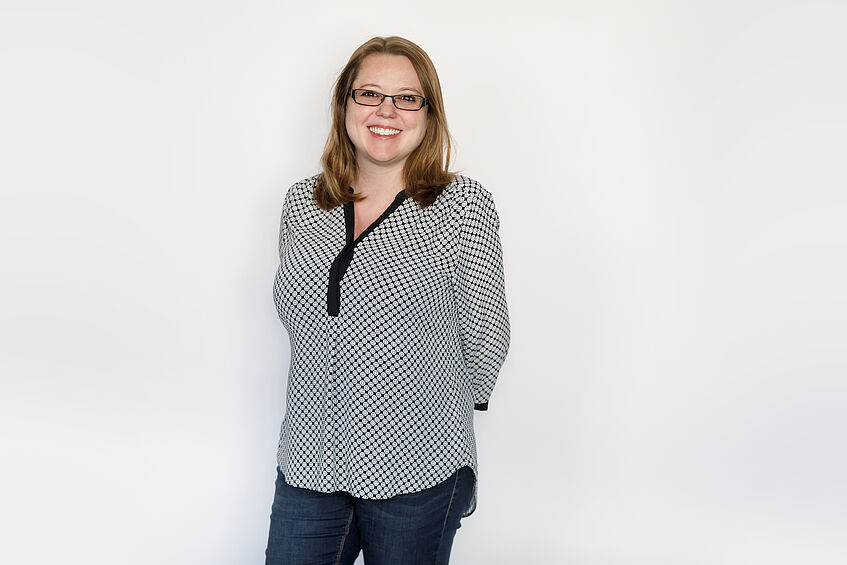
Katharina Kieslich
Katharina Kieslich earned a PhD in Political Science from University College London (2015) and a Masters degree in Middle East Studies from the University of Exeter (2007). Her current research focuses on comparative health policy, public and patient involvement (PPI) in health priority-setting, social values in health prioritisation, and health technology assessment. Previous publications include 'Social values and health priority setting in Germany', 'Public participation in decision-making on the coverage of new antivirals for hepatitis C', 'Accounting for Technical, Ethical, and Political Factors in Priority Setting', and 'Cost effective but unaffordable: an emerging challenge for health systems'. As part of CeSCoS, Katharina explores the role of issue characteristics, i.e. the features of policy problems, in the allocation of health resources. Before joining the Department of Political Science in June 2018 Katharina was based at the School of Population Health and Environmental Sciences, King’s College London.
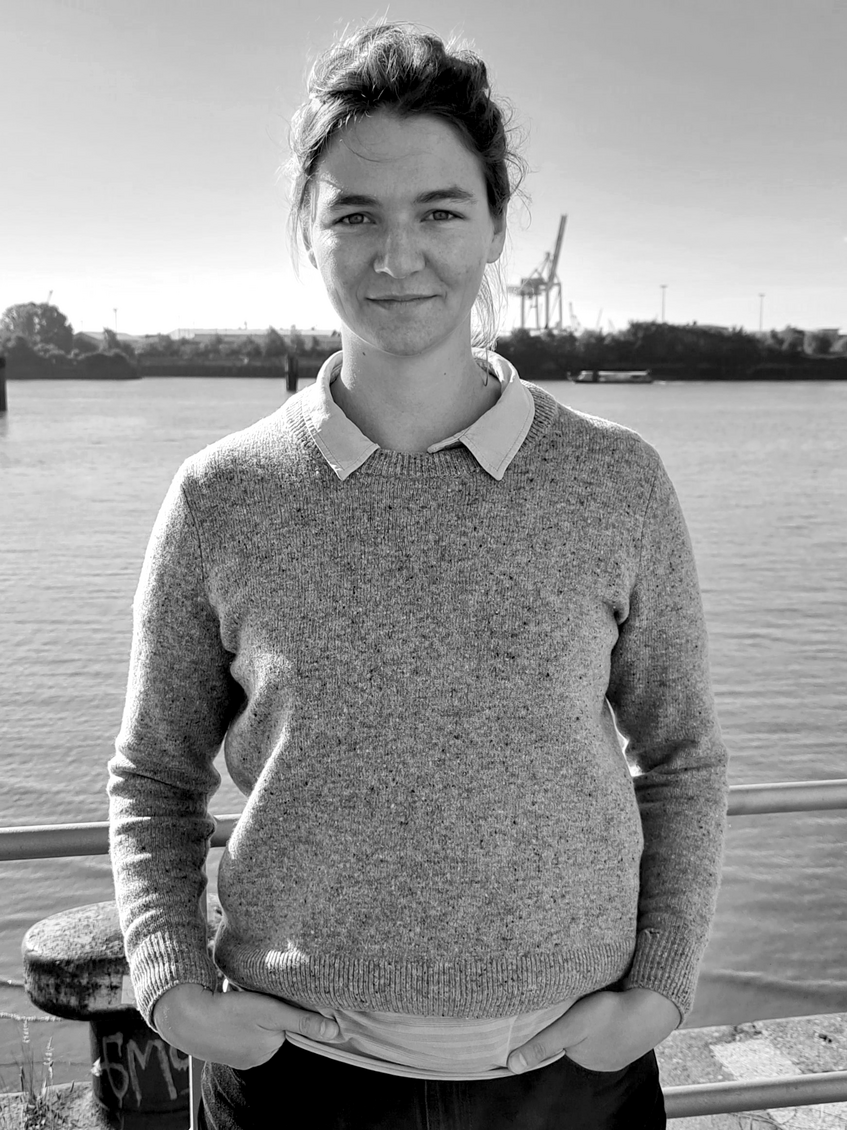
Antonia Modelhart
Antonia Modelhart earned her Master’s degree in Social and Cultural Anthropology at the University of Vienna; she also spent time at the Middle East Technical University in Ankara. Having specialised in medical anthropology and STS, in her Master’s thesis she focused on reproductive technologies. She then moved to Hamburg where she carried out research on antibiotic resistance in Germany and Ghana at the HafenCity University. Antonia is now back in Vienna as a pre-doctoral researcher within the project “The politics and ethics of rare diseases research in Austria and beyond”, in cooperation with the Ludwig Boltzmann Institute for Rare and Undiagnosed Diseases (LBI-RUD).
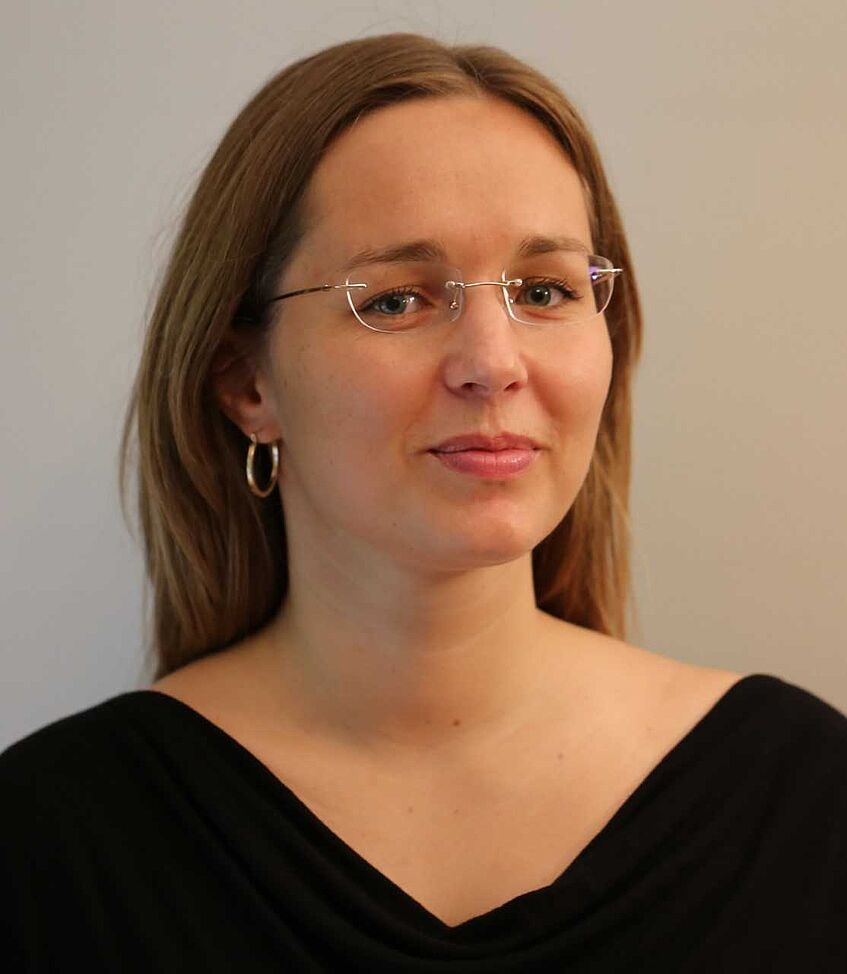
Isabella M. Radhuber
Isabella M. Radhuber earned her Dr phil in Political Science from the University of Vienna (2012). Before joining the University of Vienna, she was a Marie S. Curie Fellow (FWF-funded) at the Department of Geography, University of Cambridge, and the Institute of Environmental Science and Technology, Universitat Autònoma de Barcelona. Previously, she worked as a Postdoctoral researcher at the Institute of Social Studies in The Haag, the Ibero-American Institute in Berlin, and at the Postgraduate Center in Development Sciences in La Paz, while providing counselling for civil society organizations. Her research focusses on North-South relations, human-nature relations, decolonization, resource and finance politics and broader questions of societal democratization. Isabella currently works as scientific collaborator with the Research Network Latin America, and she leads the SolPan+ Latin America project.
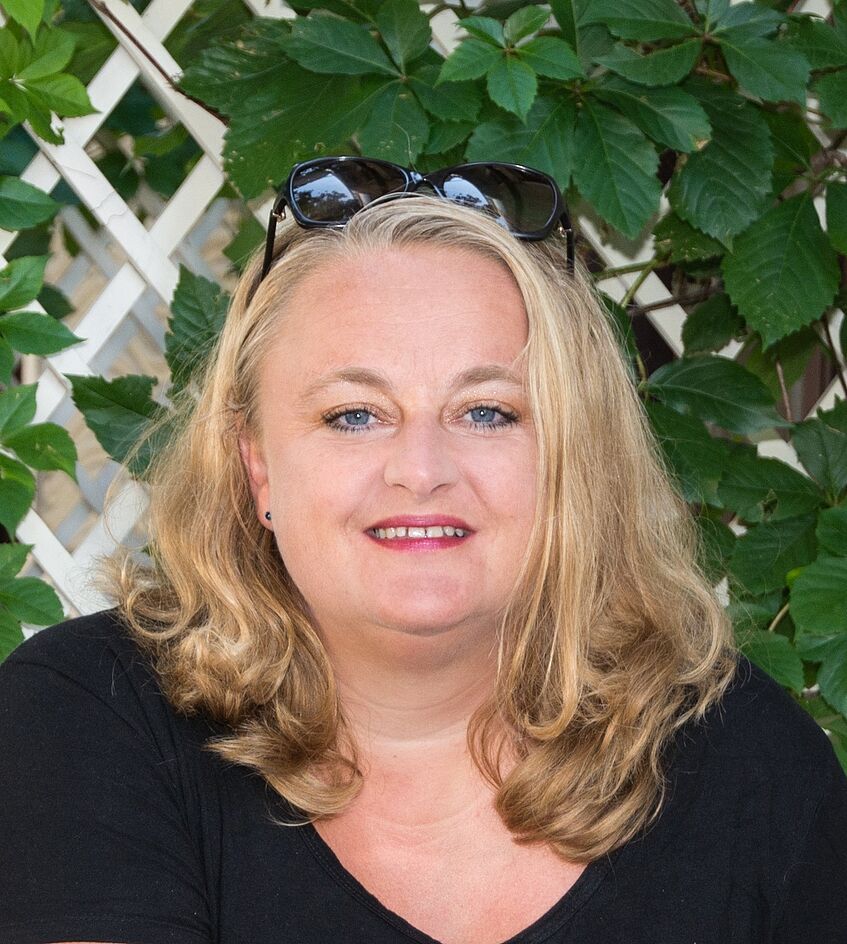
Gertrude Saxinger
Gertrude Saxinger holds a PhD in Social Anthropology, has completed the University of the Arctic’s PhD program in Pan-Arctic Extractive Industries Studies and is a founding faculty member of the Austrian Polar Research Institute (APRI). She has been working on the social dimensions of natural resource extraction since 2007, in Siberia and in the Yukon Territory in Canada. This includes fly-in/fly-out operations (FIFO) and Corporate Social Responsibility aspects of Siberian transport infrastructures. Since 2014, she has been collaborating with the First Nation of Nacho Nyäk Dun in the Yukon in studying Indigenous long-term relations with the gold and silver mining industry on First Nations’ Traditional Territories. Gertrude is a strong advocate of solidaristic, decolonial research methodologies in Arctic sciences and for the co-creation of knowledge that bridges Indigenous knowledge and interests with academic research through true partnership. This includes popular science publication for and together with Indigenous rights holders. Currently she is coordinator of the IASSA working group on Gender in the Arctic, Austrian representative to the International Arctic Science Committee (IASC) and a member of the Horizon 2020 coordination action EU PolarNet, which has the mandate to develop and implement the EU Commission’s Polar Research Program. Her research focus at CeSCoS is “Mining in Solidarity” and looks at social justice and global solidarity in times of increased mineral extraction for the green transition.
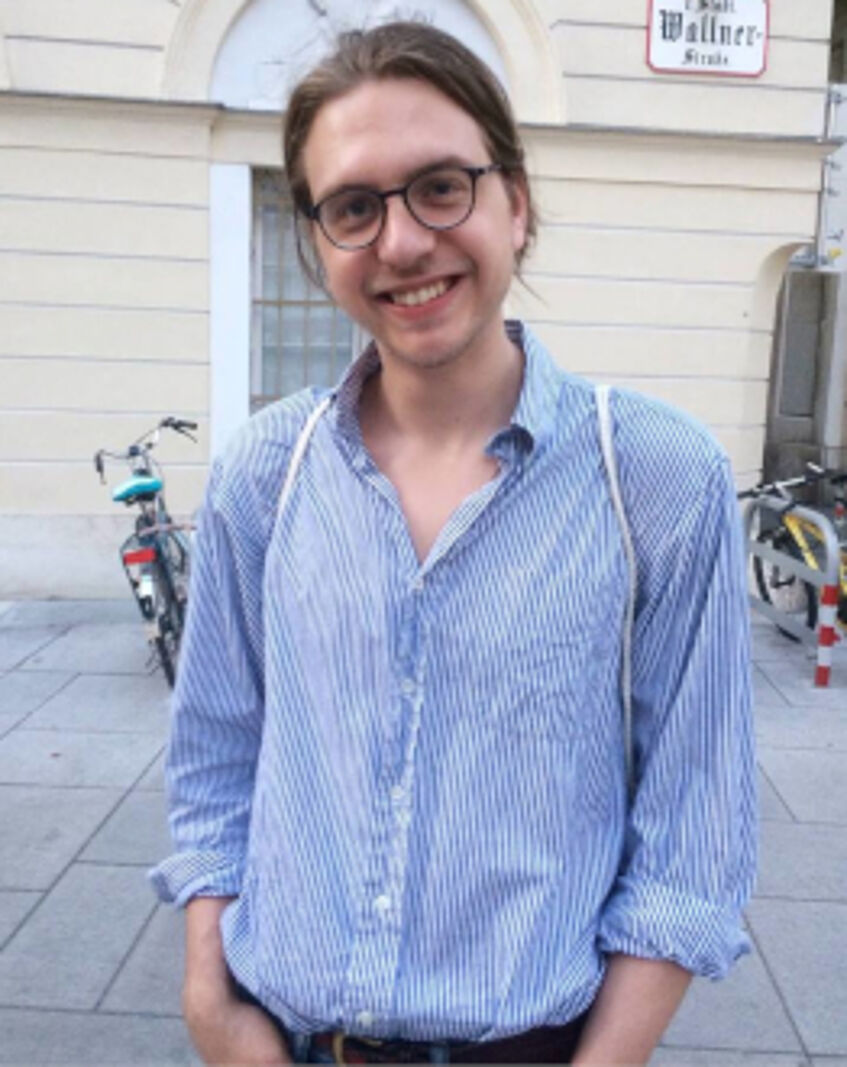
Elias Weiss
Elias Weiss earned his Bachelor’s and Master’s degrees in Political Science at the University of Vienna. In his bachelor thesis, he discussed the duration of parliamentary periods. For his master thesis, he explored the GameStop Incident of early 2021 conceptualising misappropriated solidarity. He now works as a CeSCoS fellow and PhD student to further explore instances of misappropriated solidarity in health, and in social and political activism. Additionally, he is interested in the concept of UBI and workfare/welfare policies in general.
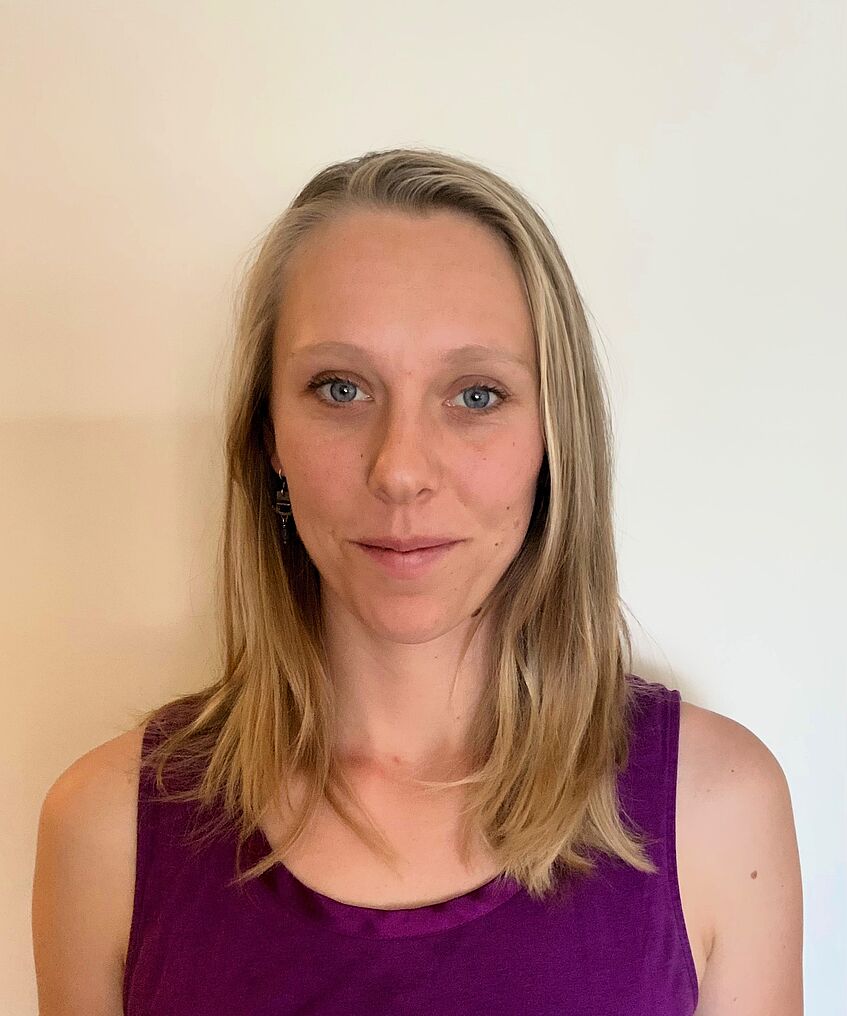
Caitlin Harjes
Caitlin Harjes joined CeSCoS in November 2022, and is responsible for project management. She manages and coordinates website updates, the budget, event organization, communication, and other daily operations. Since January 2024, she is also the project manager for the research platform Governance of Digital Practices. Caitlin is also currently a masters student in the Science and Technology Studies program here at the University of Vienna, where she is writing her thesis about digital tools used to teach civics education in secondary schools.
Solidarity Affiliates:
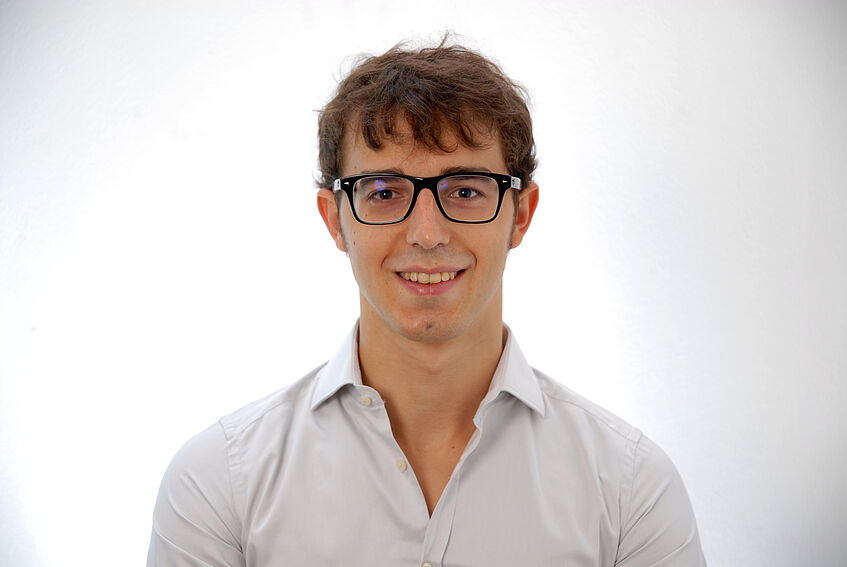
Francesco Camboni (Solidarity Fellow)
Francesco Camboni holds a Bachelor's degree in Philosophy from University of Turin (2014) and a Master's degree in Philosophical Sciences from Università Vita-Salute San Raffele (2017). Currently, Francesco is a third-year Ph.D. Student at FINO Consortium and has been a member of "LabOnt – Center for Ontology" since 2018. He has been working as a seminar lecturer and teaching assistant in Theoretical Philosophy (course leader: Prof. Tiziana Andina) since 2018.
Francesco’s research interests range from social philosophy to moral philosophy, from philosophical anthropology to the social sciences, and these spheres of interest are intended to converge within its research project, that is devoted to the concept of solidarity. Being more specific still, Francesco’s ultimate research goal is to develop an account of solidarity that bridges the gap between three large traditions, namely, Durkheim’s classical sociological theory, philosophical anthropology, and contemporary social ontology.
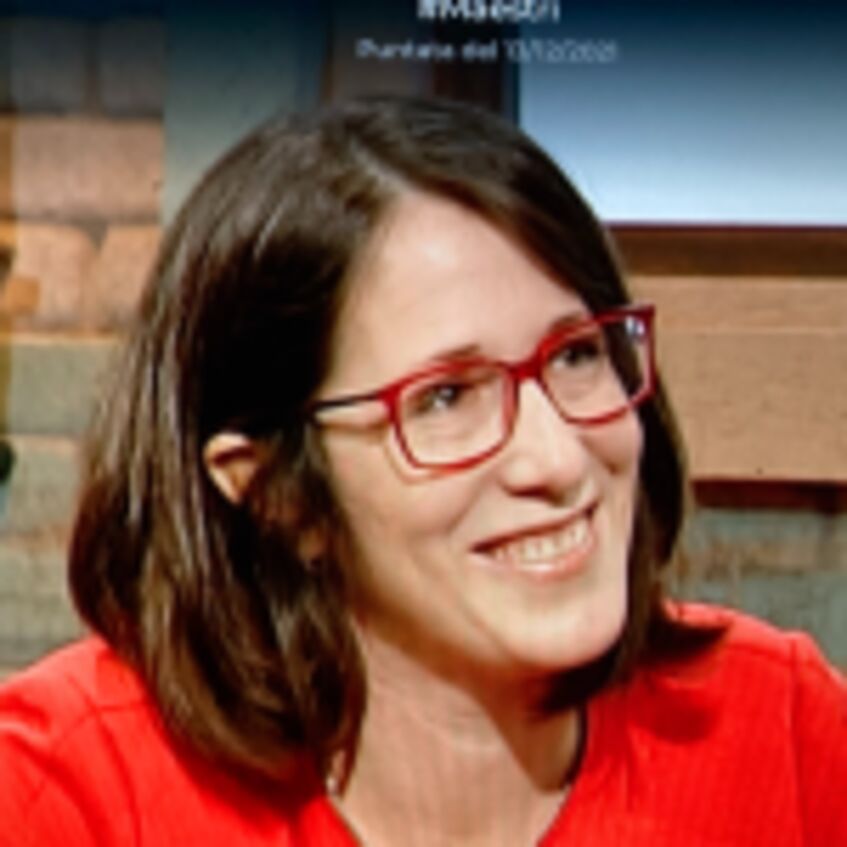
Silvia Camporesi (Solidarity Fellow)
Dr Silvia Camporesi is a bioethicist with an interdisciplinary background in biotechnology, ethics and philosophy of medicine. She currently holds a Senior Research Fellowship at the Department of Political Science, University of Vienna. Dr Camporesi is a Reader in Bioethics and Health Humanities in the Department of Global Health & Social Medicine, where she is the Founding Director of the MSc in Bioethics & Society. Silvia holds two PhDs: the first in Foundations of Life Sciences and Ethics, a joint program of the European School of Molecular Medicine and the University of Milan (2010); the second in Philosophy of Medicine awarded by King’s (2013), funded by the Wellcome Trust Centre for Humanities & Health, directed by Professor Brian Hurwitz. Originally trained as a biotechnologist at the University of Bologna (Italy), Silvia spent a year at the International Centre for Genetic Engineering and Biotechnology in Triest (Italy), where she worked in the Molecular Medicine/Gene Therapy laboratory led by Professor Mauro Giacca. It was there that she became interested in the dual use of gene transfer technologies, and decided to leave the 'bench' of the molecular biology lab to pursue a career in bioethics. In 2010/11, Silvia held a visiting position at the Department of Anthropology, History and Social Medicine at the University of California, San Francisco. In 2015, she won a King's Teaching Excellence Award.
You can find out more about her research here: https://silviacamporesiresearch.org/
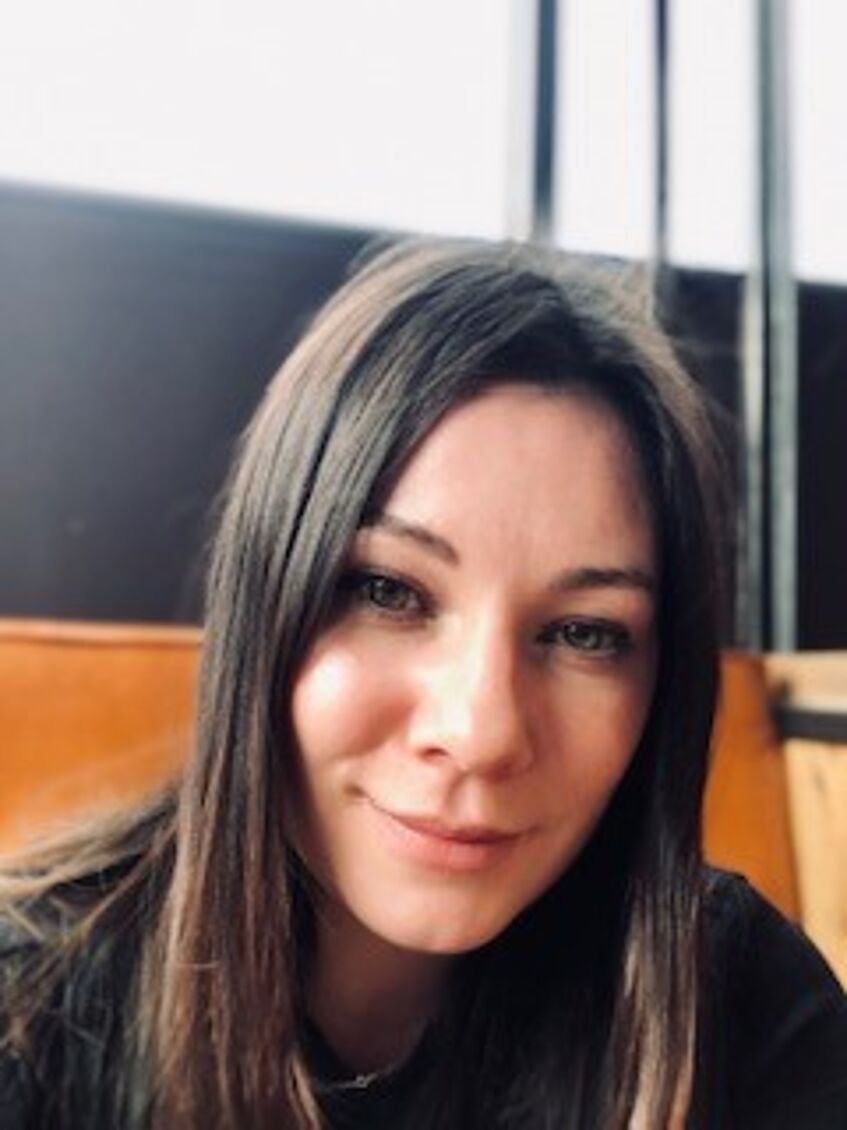
Fiona Coyle (Solidarity Fellow)
Fiona Coyle earned her Research Master’s degree in Science and Technology Studies at The University of Edinburgh’s Department of Social and Political Science (2015) and a Master’s of Art in Philosophy (2013) from the University of Aberdeen. Fiona’s research explores how the genome editing debate in the UK is architected through tools, such as the inclusion and exclusion of actors, rhetorical devices and argumentative patterns and utilises the notion of ‘agora', to analyse spaces of regulatory debate. Her interest sits at the intersection of STS and philosophy and seeks to promote understanding of how societal and ethical arguments surrounding new technologies such as mitochondrial donation and the CRISPR-Cas9 genome editing platform are produced, reproduced and mobilised. In 2018 Fiona undertook the Scottish Graduate School of Social Science Scottish Parliament Internship and wrote a briefing note for the Scottish Parliament titled: The Regulation and Governance of Medical Devices in Scotland. Before her research Master’s and PhD, Fiona worked as an educational administrator for the Scottish National Health Service, organising the integration of new and emerging telehealth technologies into the service, and as a Research Associate at the Scottish Council on Human Bioethics.
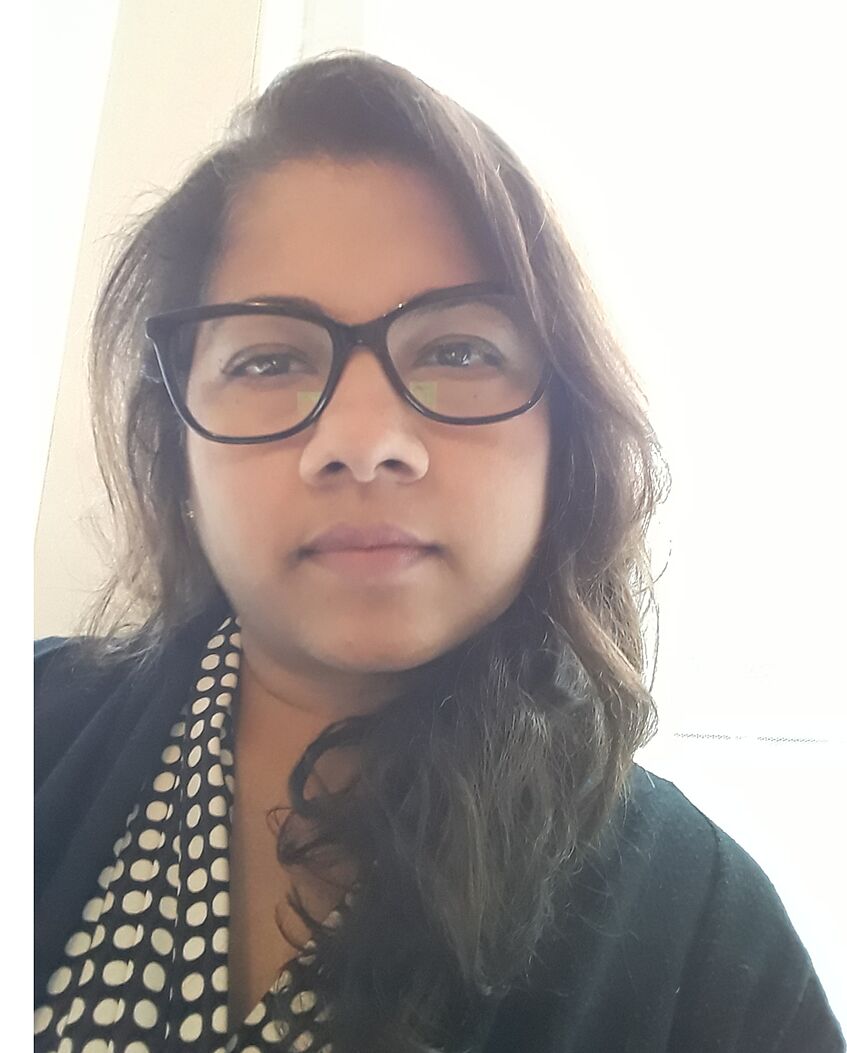
Saheli Datta (Solidarity Fellow)
Saheli holds a PhD and MSc from King's College London, London and a BA in Economics from Columbia University, New York. Saheli's research focuses on understanding the political-economic implications of emerging health technologies from a comparative perspective. Her recent publications include An endogenous explanation of growth: direct-to-consumer stem cell therapies in PR China, India and the USA (Regenerative Medicine 13(5), 559-579. 2018); Emerging dynamics of evidence and trust in online user-to-user engagement: the case of 'unproven' stem cell therapies (Critical Public Health 28(3), 352-362. 2018. Download free at https://bit.ly/2Iz0EzE or https://bit.ly/2wRthqp). A full list of publications can be viewed here.
Currently, Saheli is based at the Department of Global Health and Social Medicine (GHSM), King's College London as a Research Associate for the European Commission H2020 funded Human Brain Project (HBP) led by Professor Nikolas Rose. At King's, Saheli also serves as the Research Ethics Officer for the KCL Research Ethics Office, member of the HBP's Communication Working Group (HBP-CWG) and steering committee member of the Biotechnology and Society research hub at King's (BIOS). As a Research Fellow at CeSCoS, Saheli is working on the Political Economy of Ethics in European Dual-Use Research drawing on the specific case of Robotics Research in Europe.
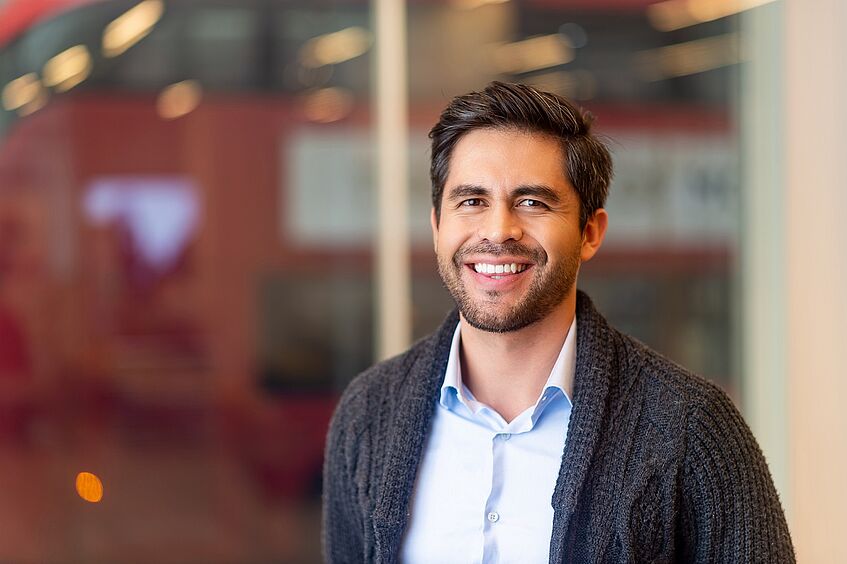
Sebastian Fonseca (Solidarity Fellow)
Sebastian Fonseca is a Postdoctoral Fellow at the Institute of Biomedical Ethics and History of Medicine (IBME) at the University of Zurich, funded by the Swiss Government Excellence Scholarship. He is an international medical doctor (Pontificia Universidad Javeriana, Colombia) who also completed an MA in Philosophy, Politics, and Economics of Health (UCL, UK) and a PhD in Global Health and Social Medicine (King’s College London, UK). His current research focuses on developing Latin American social medicine throughout the twentieth century, working around the thought style of the largest association in this field: ALAMES or the Latin American Social Medicine and Collective Health Association. Sebastian’s research interests are situated in multiple approaches to the social basis of population health. Specifically, local epistemologies on health emerging from Latin American, Asian and African scholarship that speaks back to the predominant topics on global health such as the right to health, the social determinants of health, decolonial perspectives, social justice and activism in health. His current efforts at CeSCoS contribute to the SolPan+ project, focusing on the expressions of solidarity and alternative ways of organising health in the context of violence and the pandemic in Latin America.
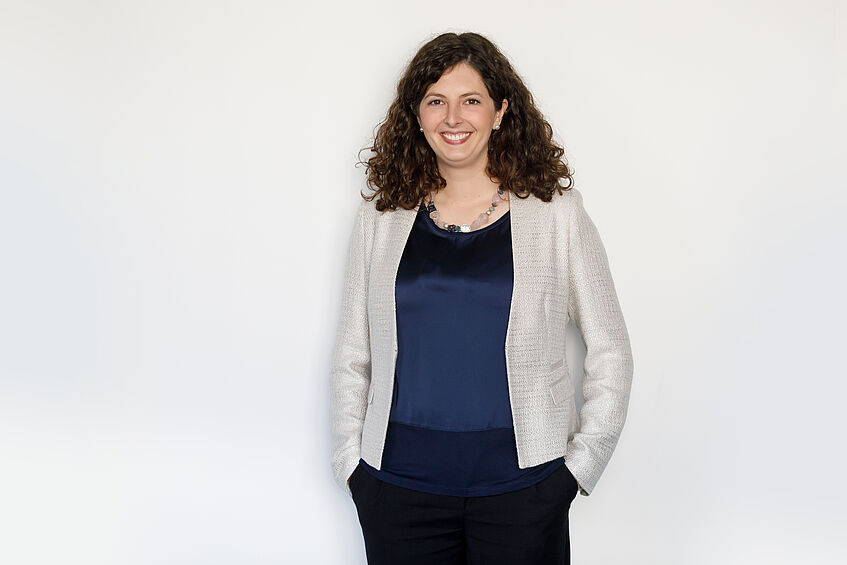
Flavia Fossati (Solidarity Fellow)
Flavia Fossati is Assistant Professor at the Faculty of Law, Criminal Justice and Public Administration at the University of Lausanne. Before her role at the University of Lausanne she has been Assistant Professor at the Department of Political Science at the University of Vienna from October 2018 until July 2019. She studied Political Science, Sociology and International Law at the University of Zurich and holds a PhD from the same institution, which she earned in the framework of the NCCR-Democracy 21 (National Center for Excellence in Research on Democracy). Before joining the University of Vienna she worked as a postdoctoral researcher at the University of Lausanne in the framework of the NCCR on-the move (National Centre for Excellence in Research on Migration and Mobility) and has been a visiting fellow at the European University Institute (Florence, Italy) and at the Institute for Studies of Migration, Diversity and Welfare at Malmö University (Sweden). Her research interests include social inequality; social, labor market and migration policy; discrimination research; survey experiments; electoral behavior and welfare state preferences. Currently she is working on discrimination in the hiring process and analyses how social policy measures can help (re-)integrating vulnerable jobseekers, including immigrants and refugees, into the labor market. Flavia is Member of the International Advisory Board of the NCCR on-the move.
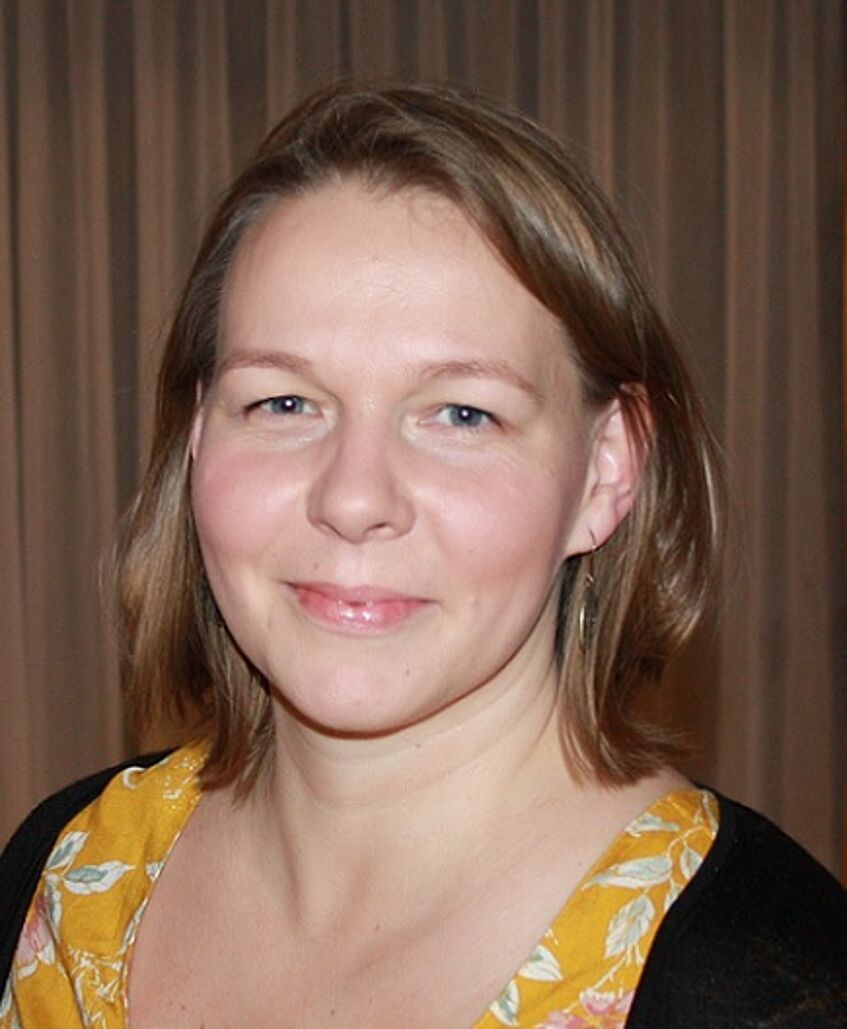
Eva M. Hejzlarová (Solidarity Fellow)
Eva M. Hejzlarová holds a Bachelor’s degree in Humanities (2005) and a Master´s degree in Public and Social Policy (2007) from Charles University, Prague. She earned a PhD in Public Policy in 2012 from Charles University and has been working at the Department of Public and Social Policy since 2013. At the Department she focuses on methodological courses and in her research she uses the frames of interpretive policy analysis. Her doctoral research covered the topic of single mothers and their relation to policy design applied on their families´ difficult situation. Currently, she is working on a research analysing Czech home-birth debate, trying to understand the dynamics of various sorts of expertise and emotions in the controversy. At the Faculty of Social Sciences, Charles University, Eva is an editor of Central European Journal of Public Policy and a member of the Comission for Ethics in Research.
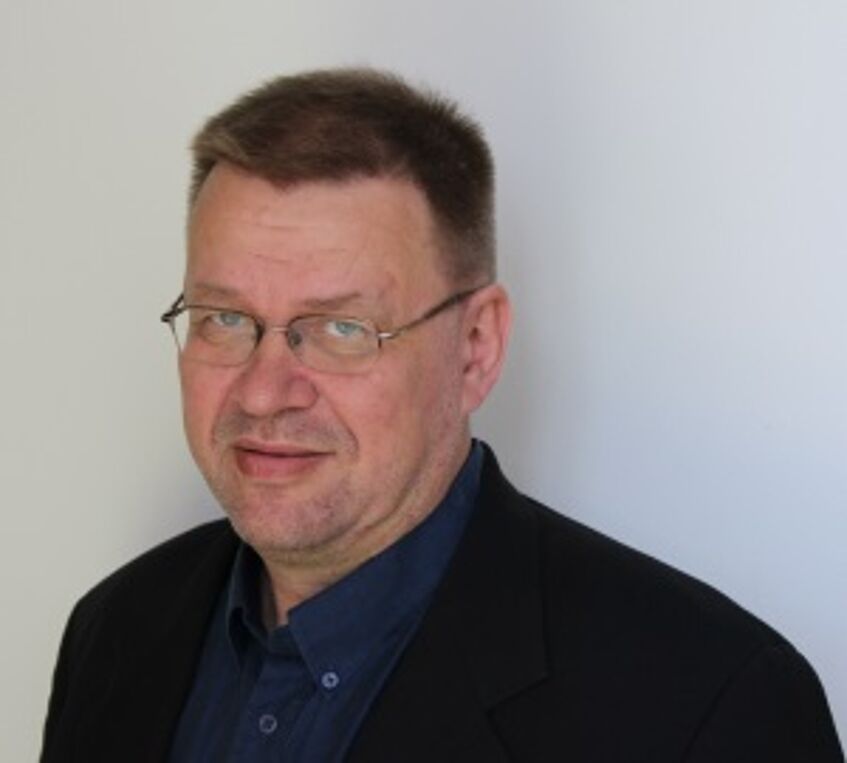
Ilpo Helén (Solidarity Fellow)
Ilpo Helén is Professor of Sociology at the University of Eastern Finland and Adjunct Professor (Docent) in sociology at the University of Helsinki. His current studies focus on politics and economy of biomedicine, medical genomics and biobanking, and on biopolitics of healthcare. He has developed an approach for critical analysis of the government of life and related technologies embedded in Foucauldian critical genealogy and in science and technology studies. He is author of several books and articles published in, for example, in Economy and Society, Science and Technology Studies, Acta Sociologica and European Journal of Human Genetics. Currently, he is in charge of two research projects: Good(s) for Health consortium is focused on flexibility of bioinformation in scientific, clinical and commercial utilization of medical databases, and the studies of the project Data-driven Society in the Making concentrate on politics and economies of future-making associated with data-driven medicine. Both projects are funded by the Academy of Finland.
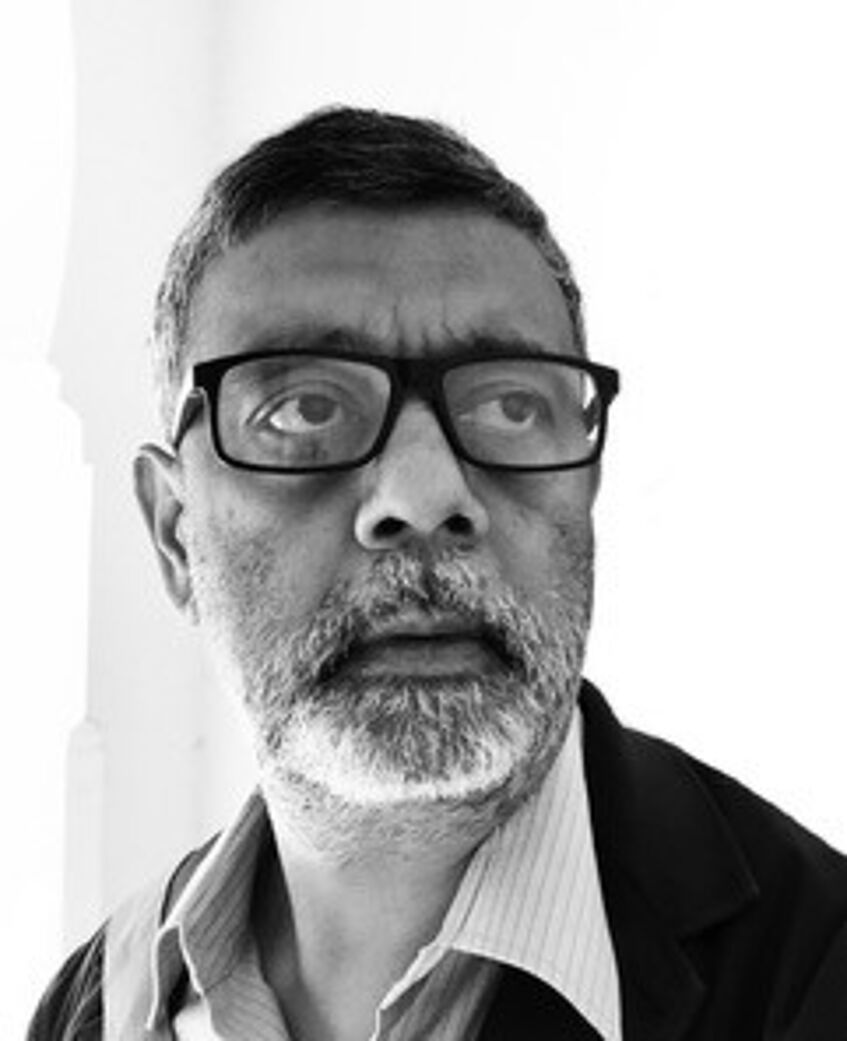
Puneet Kishor (Solidarity Fellow)
Puneet's interest in medical information began during the boom years for personal-fitness devices when a new gadget seemed to come out every other week in the Bay Area. As the Manager of Science and Data Policy at Creative Commons in San Francisco at that time, Puneet's data-worldview was of unstinted openness. With funding from the Robert Wood Johnson Foundation, Puneet brought together policy, technology, ethics and legal experts in Washington DC to focus on the tension between sharing medical data and preserving privacy. The consensus of the workshop was for dramatic change in the constraints of research funding to allow greater openness. Over the years, however, Puneet's enthusiasm for data sharing has been tempered by the cavalier collection and use of data by technology companies. While the power of technology to do good is undoubtable, it has to be checked by public participation and governance to limit harm. As a Research Fellow at CeSCoS, Puneet is focusing on the need and mechanisms for balance between sharing and privacy. He is currently based in Berlin where he divides his time between data policy and art+science.
Listen to Puneets seminar with the title "You keep using that word 'blockchain'. I do not think it means what you think it means” here. Find the slides here. The seminar took place on 21 November 2018.
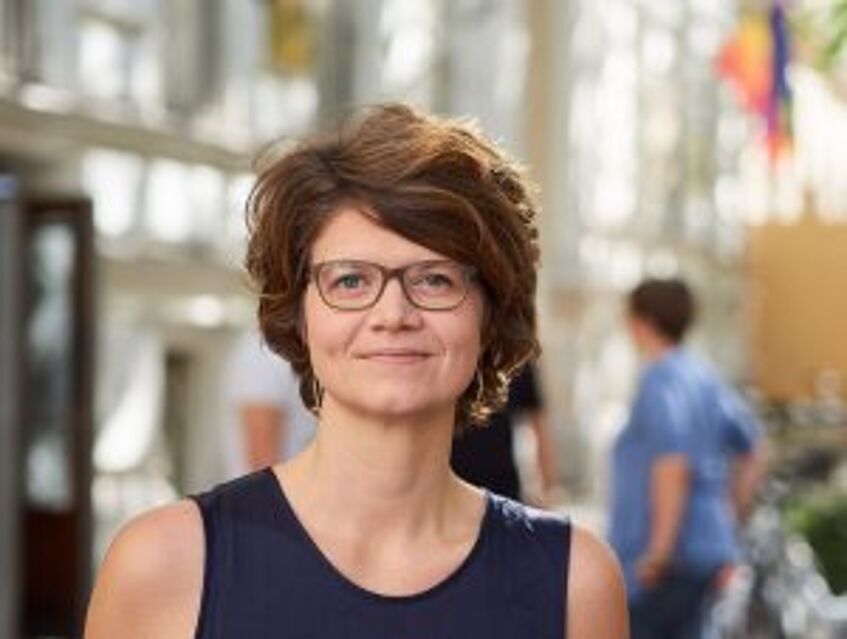
Katharina T. Paul (Solidarity Fellow)
Katharina T. Paul is Assistant Professor of Health Care Governance at the Department of Political Science, University of Vienna and was an active member of CeSCoS from 2017 to 2021. In 2021, Katharina was awarded a START prize by the FWF – Austrian Science Fund. This six-year project, titled “Valuing Vaccination: A multi-sited policy valuography (VALUE-VACC), is carried out at the Department of Political Science. Her team of postdocs and predoctoral students will be kicking of work on VALUE-VACC in spring of 2023.
Katharina holds a doctoral degree in Political Science from the University of Amsterdam (2009). Her research at the University of Vienna has been funded by the FWF-Austrian Science Fund with a Lise Meitner Grant, a Top Citizen Science Grant as well as an Elise Richter grant (2017-2022). In addition, she received funding as work-package leader in a H2020 funded project on health diplomacy in Europe (InsScide).
Katharina’s work has addressed a range of issues in health care governance, including organ donation, healthcare mystery shopping, and the political salience of vaccination. More recently, she has been working on the role of datafication and digitalization in vaccination governance both globally and nationally. She has also contributed to DigiGov’s SolPan study and the Austrian Corona Panel Project. A list of mostly open access publications can be found here.
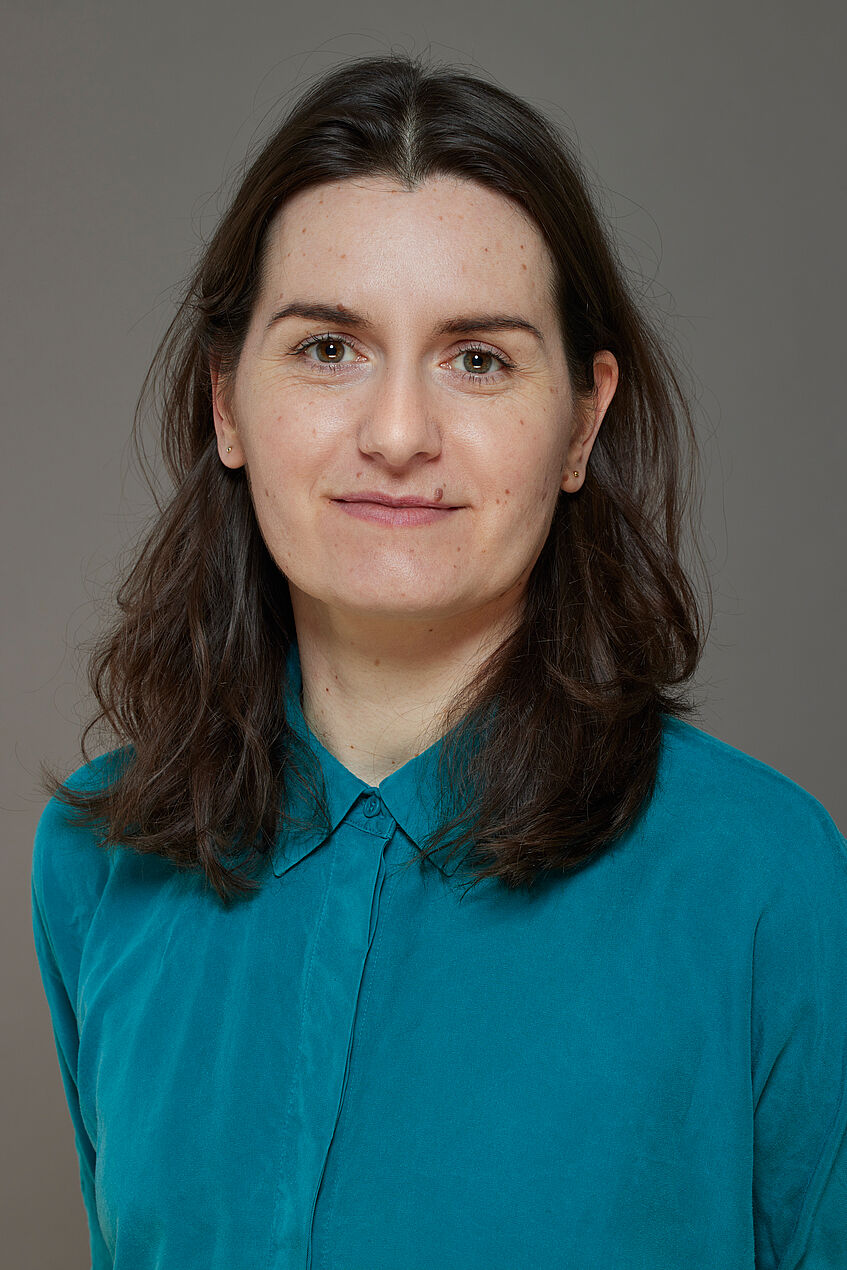
(c) Fabian Skala
Mirjam Pot (Solidarity Fellow)
Mirjam Pot works on healthcare practices and policies, particularly in the field of primary care. In her doctoral research project, she pursues the question of how primary care doctors “personalise” healthcare services and how the institutional context of the Austrian healthcare system shapes their decision-making. Furthermore, she is interested in “social prescribing” policies that promote the integration of primary care, social care, and community activities. Mirjam employs different qualitative interpretive methods, but she also has a strong interest in conceptual work. She holds a Bachelor’s and Master’s degree in Political Science from the University of Vienna and a Master’s degree in Urban Geography from Utrecht University. From 2016 to 2022 Mirjam held research positions at the Departments of Sociology and Political Science at the University of Vienna.
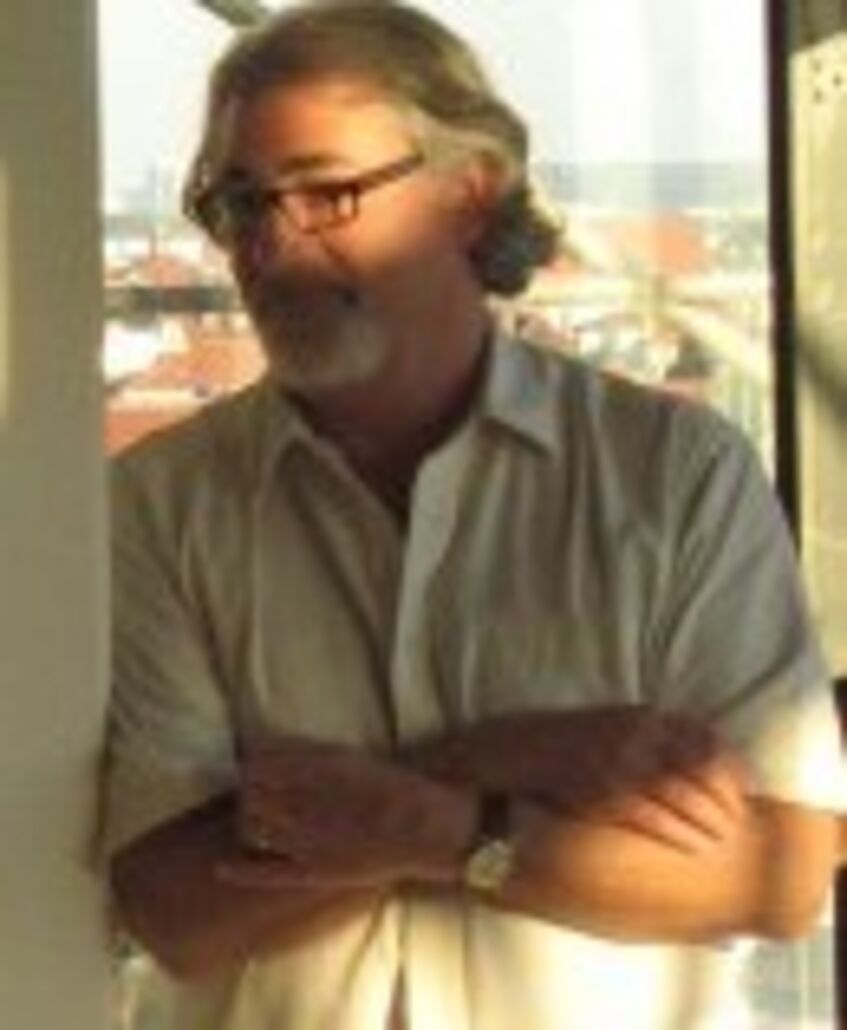
Nikolas Rose (Solidarity Fellow)
Nikolas Rose is Professor of Sociology at the Department of Global Health and Social Medicine at King’s College London. Trained as a biologist, a psychologist and a sociologist, Rose co-founded two influential radical journals in the 1970s and 1980s, playing a key role in introducing French post-structuralist critical thougth to an English speaking audience and helping develop new approaches to political analysis and strategy. He founded the History of the Present Research Network, an international network influenced by the writings of Michel Foucault and is founding editor of BioSocieties: an interdisciplinary journal for social studies of the life sciences. His work explores how scientific developements have changed conceptions of human identity and governance and what this means for our political, socio-economic and legal futures. He has worked extensively on questions of science and democracy, with a focus on innovations in biotechnology. His current work is on the politics of mental health, psychiatry and neuroscience: he is Co-Director of the ESRC Centre for Society and Mental Health at King’s College London and he is the Director of a major programme of research on urban mental health.
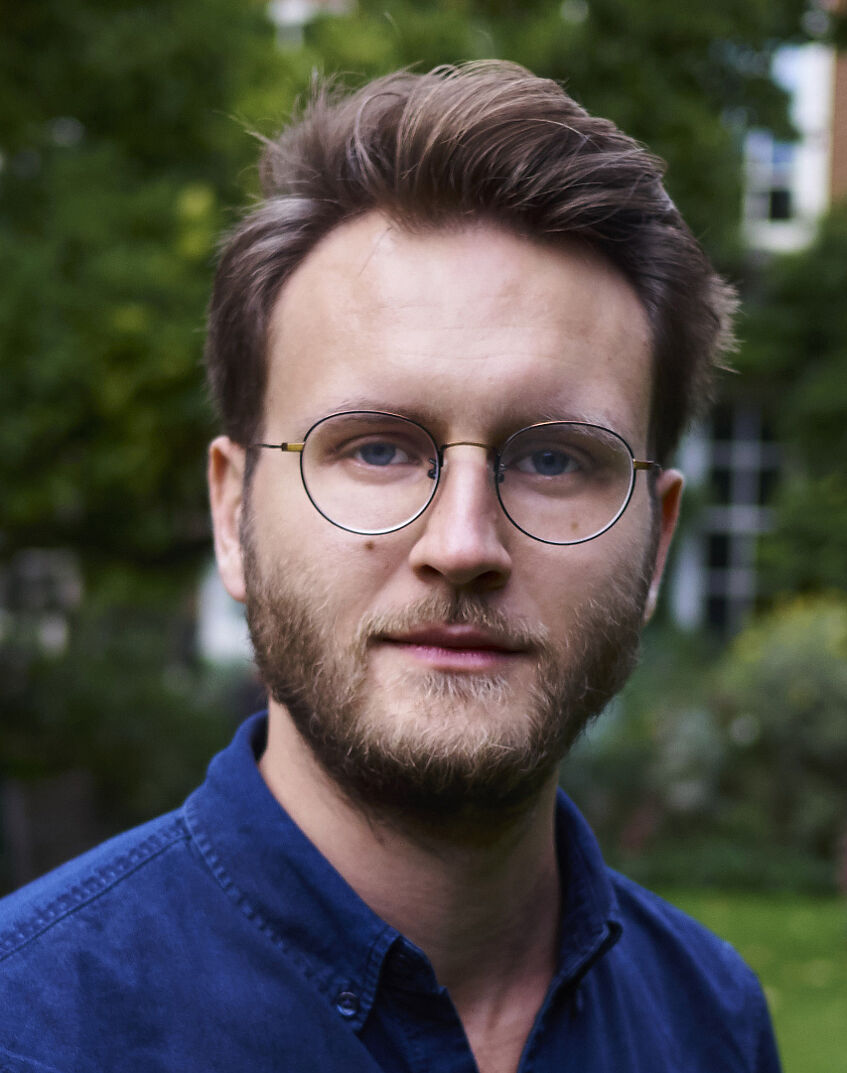
Lukas Schlögl (Solidarity Fellow)
Lukas Schlögl earned a PhD in Quantitative Social Science from King’s College London (2017) and a Master’s (‘Magister’) degree in International Development from the University of Vienna (2013). His current work focuses on development policy, financing for development, and on technological change and development. He joined OFSE (Austrian Foundation for Development Research) as a Senior Researcher in August 2022 and is a Senior Research Fellow and external Lecturer with the Department of Political Science at the University of Vienna. His most recent work includes research on robotization in developing countries; on digital politics in Southeast Asia; on (de-)industrialization and democracy; and on technology policy discourse.
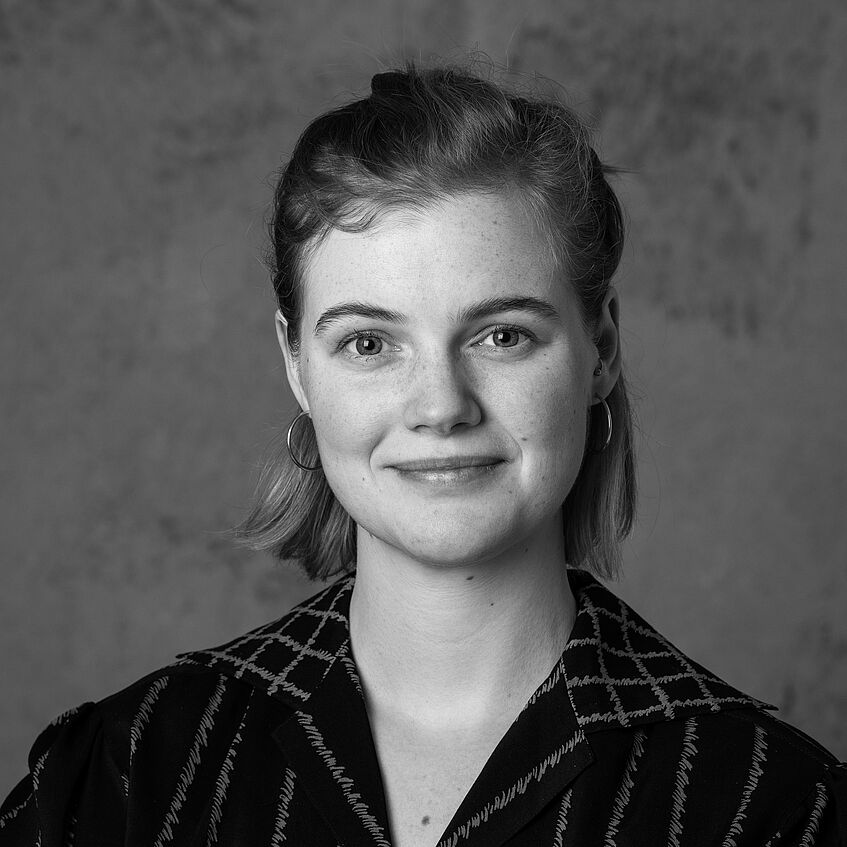
Lea Skovgaard (Solidarity Fellow)
Lea Skovgaard holds a Masters Degree in Public Health from the University of Copenhagen. She is currently a Ph.D.-fellow at the Centre for Medical Science and Technology Studies, University of Copenhagen. Her research focuses on Public Legitimacy in Health Data Economies. In her Ph.D., Lea studies Public Legitimacy of Data Sourcing for Personalized Medicine. She studies the topic using a variety of methods and thereby also explores how different methods can be used to study attitudes among different publics.
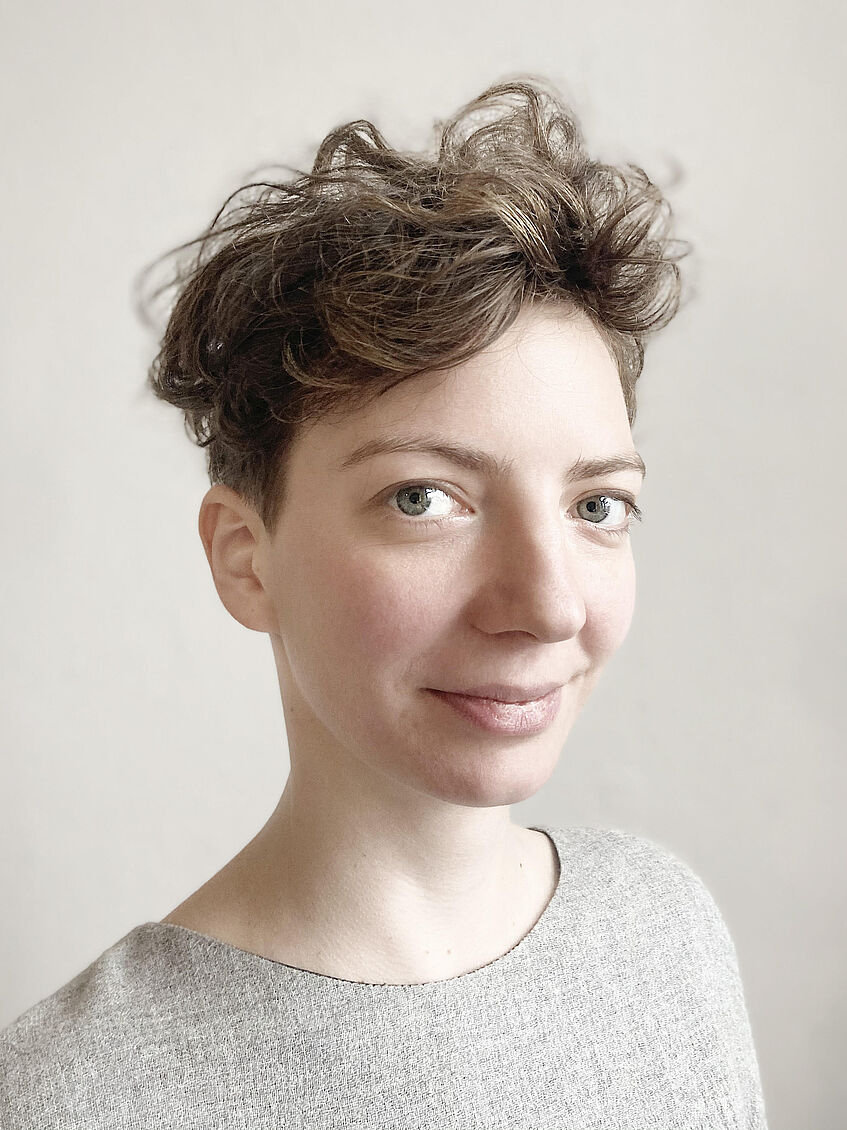
Wanda Spahl (Solidarity Fellow)
Wanda Spahl is a social scientist with a focus on health, migration, solidarity and artistic research. Her doctoral thesis is an ethnographic project on refugees’ health needs in Austria (planned graduation winter 2023). She earned her Master’s degree in Socio-Ecological Economics and Policy at Vienna University of Economics and Business (2017) and holds a Bachelor’s degree in Philosophy (2014) and a Bachelor’s degree in Journalism and Communication Studies (2013) from University of Vienna. From 2018 - 2022, she was a university assistant at the Centre for the Study of Contemporary Solidarity, Department of Political Science, University of Vienna. She was co-leader of the international qualitative interview study "Solidarity in Times of a Pandemic". In 2022, Wanda Spahl co-founded PARABOL, an association that aims at advancing artistic research. For PARABOL, she works on digital artistic methods as an innovative way for (re-)presenting social science research and reflects their epistemological potential, for example through the ongoing artist – researcher collaboration GEOGRAPHY OF GHOSTS. She has published in international scientific journals, including Bioethics, Critical Public Health, Comparative Migration Studies and EASST Review.
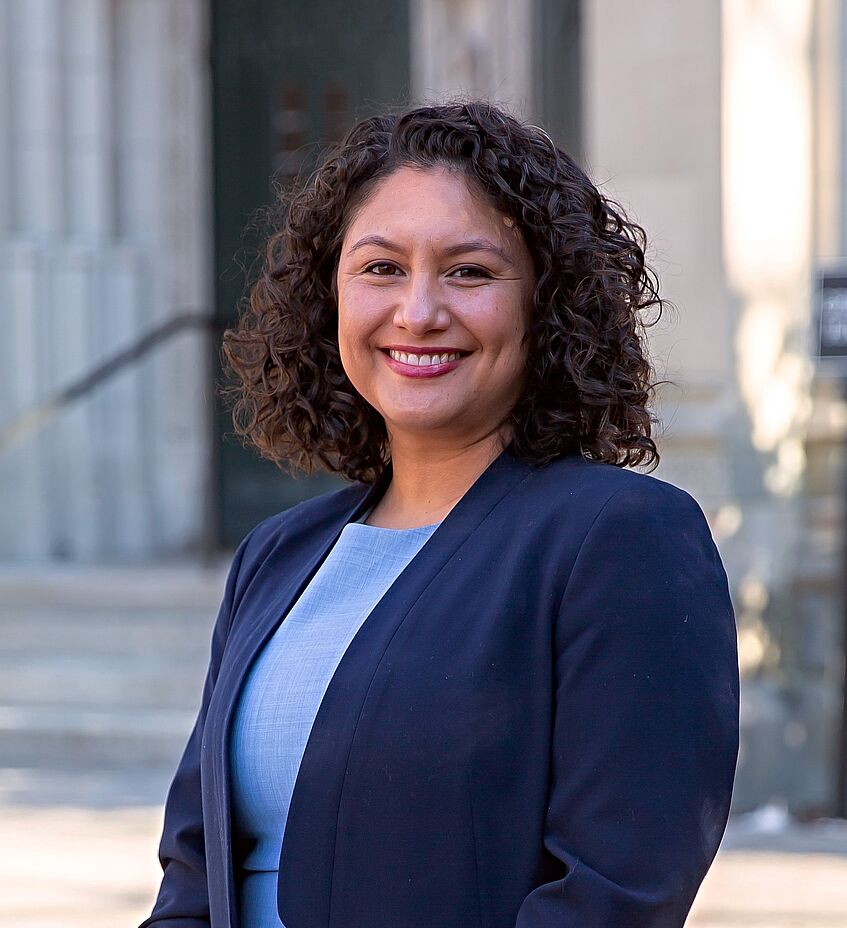
Natali Valdez (Solidarity Fellow)
Natali Valdez holds a PhD from the University of California, Irvine (2016). Before beginning her current position as assistant professor in the department of Women's and Gender Studies at Wellesley College, she completed a postdoctoral fellowship at Rice University in the Center for the Study of Women's, Gender, and Sexuality (2018). Natali's research focuses on systemic racism, clinical trials, reproduction, and epigenetics/postgenomics. She specialises in applying feminist ethnographic methdologies to examine the production of scientific knowledge. Her recent book is Weighing the Future: Race, Science, and Pregnancy Trials in the Postgenomic Era (University of California Press 2022). She is currently on research leave supported by the AAUW American postdoctoral grant to explore her forthcoming project "Postgenomic Reproduction and the Aftermath of Failure."
